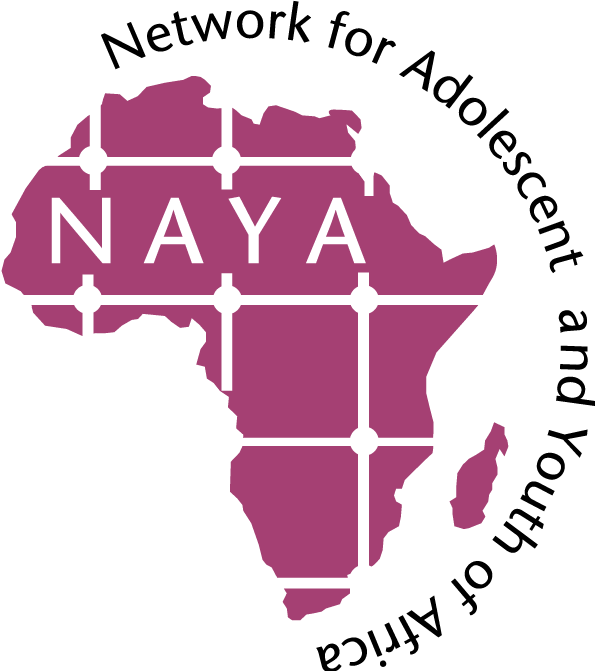By Kelvin Mokaya
The most effective programs in education on sexual and reproductive health are those that help to reduce misinformation and provide correct information, to clarify values and reinforce positive attitudes, and to strengthen decision-making and communication skills. Evaluation research has confirmed that education on sexual and reproductive health does not lead to increased sexual activity.
A school health education program that includes a quality sexual health education curriculum targets the development of functional knowledge and skills needed to promote healthy behaviors and avoid risks. It is important that sexual health education explicitly incorporate and reinforce skill development.
Giving students time to practice, assess, and reflect on skills taught in the curriculum helps move them toward independence, critical thinking, and problem solving to avoid STIs, HIV, and unintended pregnancy.
A quality sexual health education curriculum includes medically accurate, developmentally appropriate, and culturally relevant content and skills that target key behavioral outcomes and promote healthy sexual development. The curriculum has to be age-appropriate and be planned across grade levels to provide information about health risk behaviors and experiences.
What we should know is that promoting and implementing well-designed sexual health education positively impacts the student health in a variety of ways like delaying initiation of sexual intercourse, having fewer sex partners and fewer experiences of unprotected sex, increasing their use of protection, specifically condoms and also improving their academic performance.
In addition to providing knowledge and skills to address sexual behavior, quality sexual health education can be tailored to include information on high-risk substance use, suicide prevention, and how to keep students from committing or being victims of violence—behaviors and experiences that place adolescents and young people at risk for poor physical and mental health and poor academic outcomes.
The subjects of gender, human body and development, sexuality and sexual behavior, and sexual and reproductive health should be among the main topics to be covered in all related courses of this program. Having this in mind, you shall realize that sexuality education is a need and not a want. Key stakeholders together with the ministries of education and health in the country should understand that, to strengthens gender equality and supports the fight against violence, to increase the power to decide on one’s own body and safe sexual behaviors, to support the prevention of unwanted pregnancies and unsafe abortions and to contribute to the reduction of sexually transmitted infections such as HIV, we need to have a quality sexual health education curriculum.
Kelvin Mokaya, Sexual and Reproductive Health and Rights Advocate At Naya Kenya




